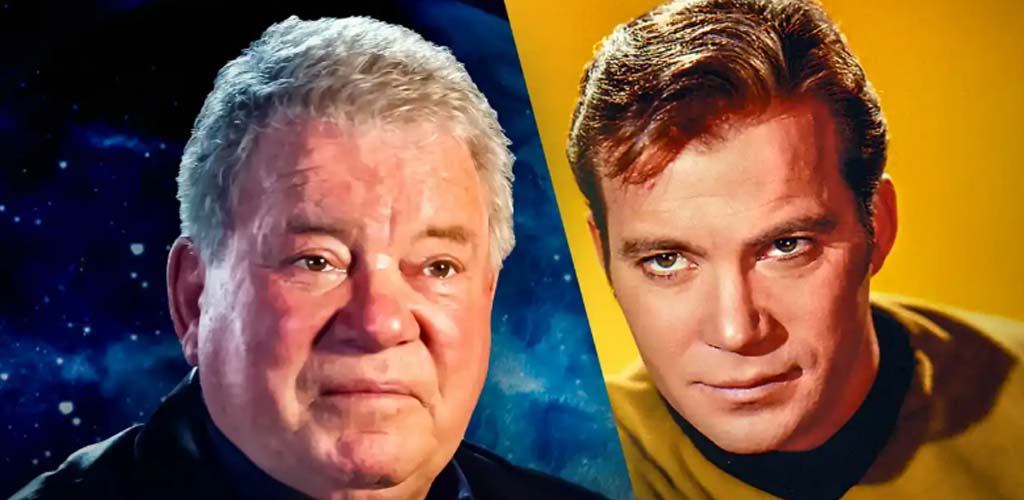What If Fans Could Gather and Sequence Athletes’ DNA?
It’s value pointing out that the website link between a person’s DNA and their athletic achievements is pretty tricky to pin down. There is very small proof that you can forecast unique results by DNA alone. There are uncommon scenarios, like that of the Finnish skier Eero Mäntyranta, who possessed a genetic mutation that gave him vastly extra red blood cells than the average human being. But centered on present science, owning an athlete’s DNA does not automatically tell you all that a lot about their prospective or overall performance. In 2015, the British Medical Journal printed a “consensus statement” penned by athletics science gurus arguing from the use of immediate-to-consumer genetic screening to identify sports activities talent. “There isn’t one particular point that can make an athlete terrific, and to presume so turns into genuinely unsafe,” states Seema Patel, a legislation professor at Nottingham Law University.
That explained, if I have learned everything from tech reporting, it is that a thing doesn’t have to be feasible or demonstrable to be financially rewarding.
So will there be protections if the technologies innovations? The response, as with so many questions of privacy and law, appears to be: It is dependent. Teams are permitted to question athletes to go through any variety of assessments, and athletes’ contracts do not frequently make it possible for them to decrease. “It’s unlucky,” Patel states, “because of people unilateral agreements that they sign up to in buy to contend, they have to give up their legal rights.” Today’s athletes are consistently tracked in all kinds of techniques. “It’s recognized that your body is a web page of public discourse,” states Rayvon Fouché, a professor of American Reports at Purdue who experiments the intersection of athletics and technology. “These athletes are commodified, and their biometric wellbeing info is part of the company of how we consider and price them.”
But what about my “DNA vacuum in the locker room” scenario? Is something stopping a foreseeable future lover or stadium staff from attending a match with a system of this form and finding their palms on the DNA of LeBron James or Serena Williams or Katie Ledecky?
It is greatest to separate this concern into two parts—collection and sequencing—according to Sonia Suter, a professor at George Washington University’s law university. Amassing someone’s DNA with out their consent is a elaborate subject. Previous lawful precedent in the United States states that if another person has thrown some thing absent, they no for a longer period can claim to have any privacy interest in that item. So until there was a area legislation forbidding dumpster diving, it would be theoretically legal for another person to go as a result of an athlete’s trash and gather objects that could consist of DNA. Or think about a circumstance in which an athlete throws a towel or jersey into the crowd. Whoever catches it unquestionably is not stealing.
But in my situation with the vacuum, you wouldn’t even have to do that. You could merely be in the similar space as your concentrate on and obtain the sample you require. This likelihood presently concerns privacy advocates as forensic techniques get more and extra delicate. We all drop DNA constantly each individual time you move by way of a place, you are most likely leaving driving traces of your self. All those traces applied to be far too slight to select up, but with innovative forensics, even these tiny scraps can now be labored up into a genetic profile.



